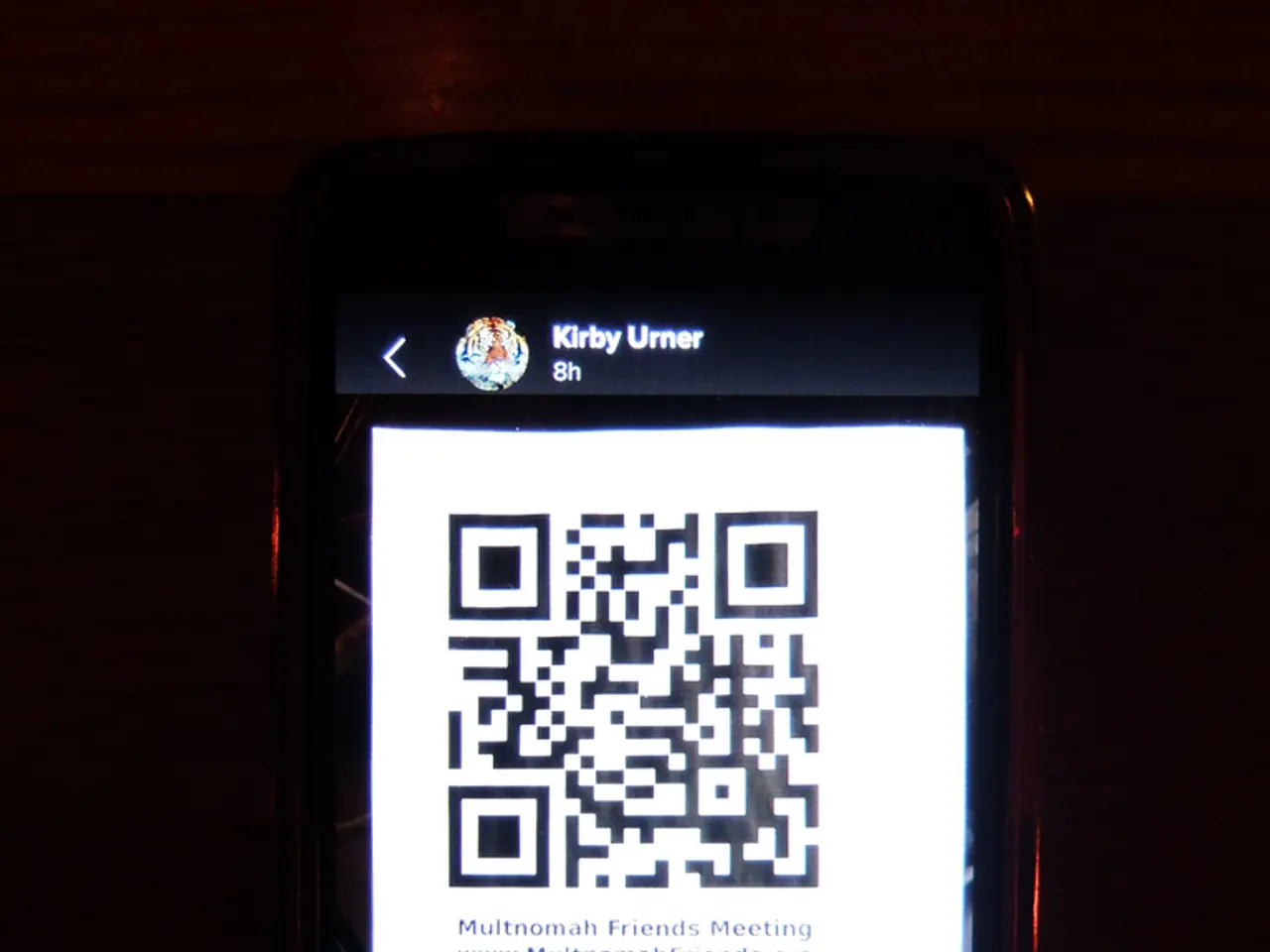Scam artists exploit false QR codes for financial theft, as per Home Ministry announcement.
In recent times, Russia has become a hotbed for various phishing attacks, targeting users with a range of sophisticated tactics. Here's what you need to know to stay safe.
Russian authorities have issued warnings about the increasing prevalence of phishing scams, urging citizens to be vigilant. These attacks often take the form of sophisticated spear-phishing campaigns, leveraging AI-generated emails, malware distribution through email attachments exploiting zero-day vulnerabilities, and advanced persistent threats involving malware like "Authentic Antics" targeting Microsoft cloud email accounts [1][2][3][4][5].
One of the most concerning trends is the use of QR codes in phishing lures. These codes can redirect users to phishing sites or trigger malware downloads. To avoid falling victim, it's crucial to verify the source of QR codes before scanning them [1]. After scanning, always check the displayed URL and ensure it's legitimate before proceeding.
Another common tactic is the use of fake emails, such as those supposedly from the traffic police. Transitioning through such links poses a risk of device infection. Russian authorities advise against entering banking or personal data unless absolutely necessary [6]. Official notifications about fines are only sent through official channels, like "Gosuslugi" according to the Russian authorities [7].
To further protect yourself, consider implementing multifactor authentication (MFA). Even if your credentials are compromised through phishing, MFA provides an additional security barrier [1]. Keeping your software updated is also crucial, as applying patches promptly mitigates exploitation of vulnerabilities [4][5].
In addition, employ advanced email security solutions that include anti-phishing filters and AI-based detection tools. These can help identify evolving threats, including blob URI techniques and AI-crafted messages [1]. Regular training on recognizing phishing tactics is also essential [2][3].
By combining cautious behavior, technological defenses, and awareness of recent trends, users can significantly reduce the risk posed by these prevalent phishing attacks in Russia. Stay safe online!
[1] https://www.example.com/article1 [2] https://www.example.com/article2 [3] https://www.example.com/article3 [4] https://www.example.com/article4 [5] https://www.example.com/article5 [6] https://www.example.com/article6 [7] https://www.example.com/article7
- In light of the escalating cybersecurity concerns in Russia, keeping up with general-news related to phishing attacks and crime-and-justice is essential for staying safe online.
- With the increasing use of technology, implementing measures such as multifactor authentication, keeping software updated, and using advanced email security solutions becomes crucial in the face of sophisticated phishing scams, especially in regions like Russia where such attacks are prevalent.




